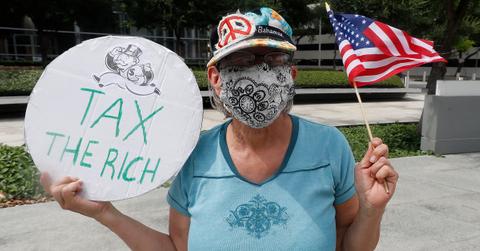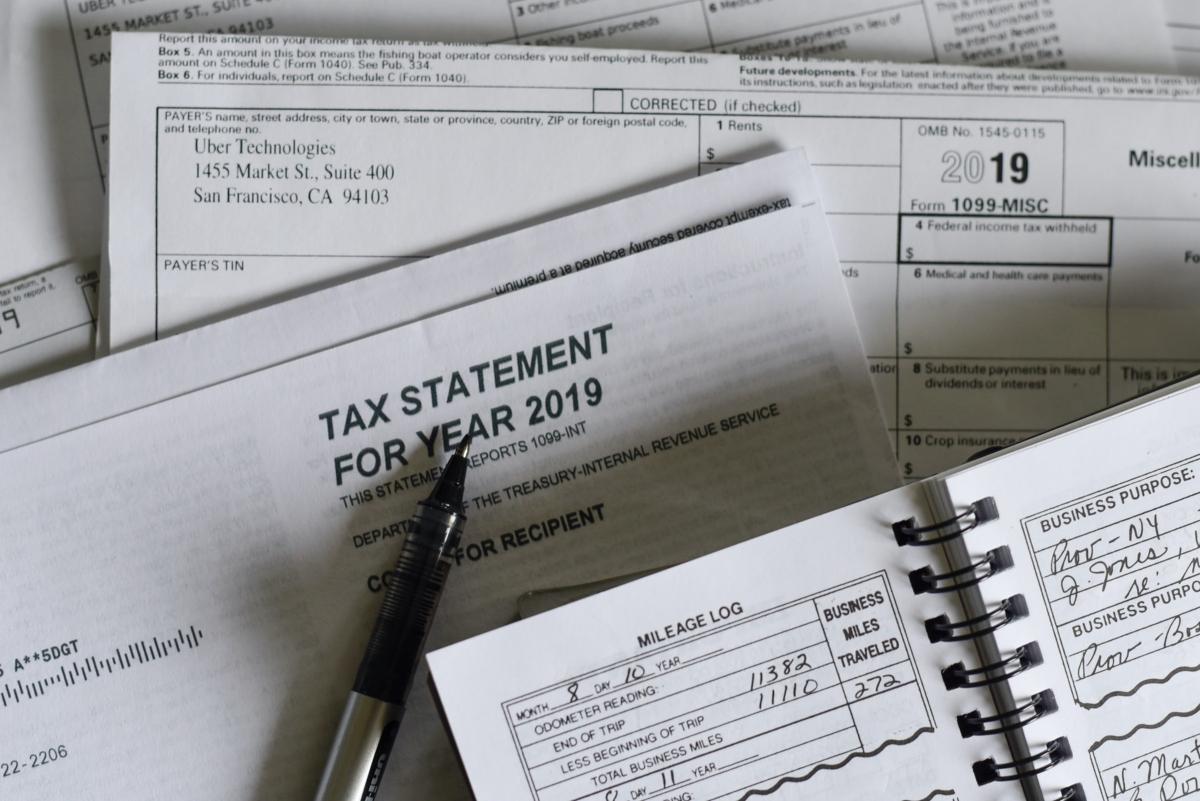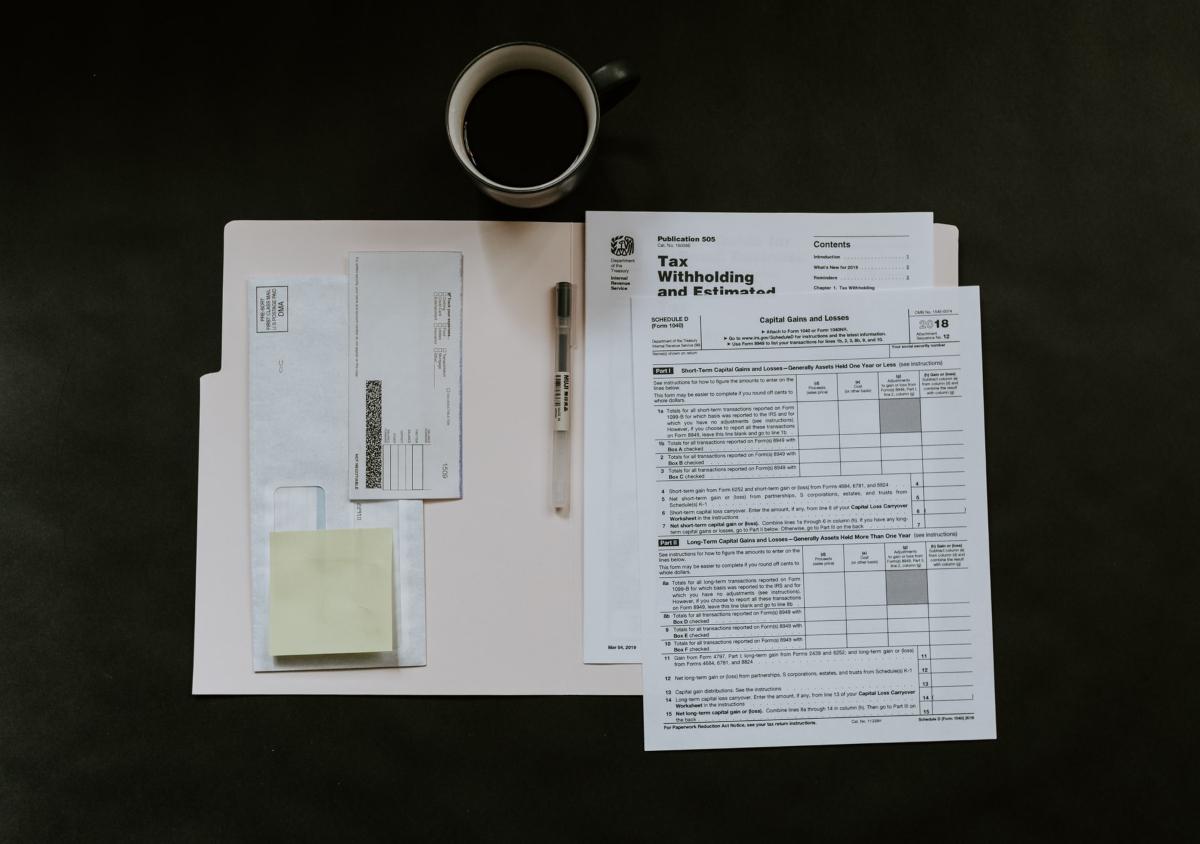Is Taxing the Rich Bad? Progressive Taxation, Wealth Tax Explained
With the growing wealth inequality, many people have been calling for more taxes on the wealthy. Is taxing the rich a bad idea?
Sept. 17 2021, Published 9:19 a.m. ET
In 1789, Benjamin Graham, known as the father of investing, made his famous quote. He said, “In this world, nothing can be said to be certain, except death and taxes.” Globally, there's a growing perception that the rich aren't paying their fair share of taxes. There are clamors for raising the taxes on the rich. Is taxing the rich a bad idea and how do governments tax the wealthy?
The wealth inequality has only increased over the last year. A simple scroll through the list of the richest people will reveal that the rich have become richer over the last year due to the boom in stock markets where the wealthiest investors have almost all their wealth tied. The other side of the story is that amid job losses (and higher inflation), the poor have become poorer.
Should the rich be taxed more?
Inflation, which is often referred to as the worst tax, hits the poor harder. Food and energy inflation, where the middle class and poor spend a big chunk of their income, is running higher than the CPI (consumer price inflation). Over the last year, governments globally let their purse strings wide open to contain the economic impact of the COVID-19 pandemic.
This fiscal extravagance has led to a soaring fiscal deficit and U.S. debt to GDP levels have surged. The fiscal easing can’t go on forever and governments realize that. The UK became the first major economy to raise taxes earlier in September.
Meanwhile, the UK Labour Party criticized the government for the broad-based tax hike and argued that they should have been directed more towards the rich.
How do governments tax the rich?
Governments globally tax the rich in several ways. First, most countries including the U.S. have progressive taxation, which means that those earning a higher income pay taxes at a higher rate. Then several governments have a wealth tax to directly tax the rich.
Inheritance tax can be another way to tax the rich. Also, as the Biden administration is proposing, levying a higher capital gain tax for the rich could be one way of taxing them. As stated previously, super-rich people have most of their wealth tied to stocks.
What is progressive taxation?
Progressive taxation is based on the principle that the tax an individual pays should be based on their ability to pay. So, governments exempt some individuals from tax altogether and then create slabs for different incomes. There are higher slabs for people who earn a higher income, while the tax slab is lower if you earn less.
There are often calls to increase the progressive taxation for the super-rich. Also, many U.S politicians call for a wealth tax. For example, Senator Elizabeth Warren has called for a progressive wealth tax.
Do the wealthy pay a fair share of taxes?
The wealthy don’t pay a fair share of their taxes. The CPC (Congressional Progressive Caucus) said, “We cannot afford to extend tax breaks for corporations or the wealthy that cripple our ability to invest in areas that expand economic growth, like infrastructure and education.”
The CPC also said, “Tax reform must be done in a way that raises significant revenue, protects working families and the vulnerable, and requires corporations and the wealthy to pay a fair share.”
Is taxing the rich a bad idea?
The general belief is that higher taxation on the rich leads to an exodus of the wealthy (and their wealth). Simply put, the wealthy move to a jurisdiction that has lower taxation. There are plenty of countries waiting to embrace the super-rich who want to relocate.
Also, heavy taxation on the wealthy might run contrary to the entire idea of capitalism. Super high taxation would reduce the incentive for wealth creation. Another aspect to consider would be that high taxation often leads to tax evasion.
A global minimum tax for individuals, on the lines that Biden has proposed for corporations, could help address the fears of wealth exodus. Overall, I would argue that taxing the rich isn't as bad an idea that some people think it is. This especially holds given the precarious fiscal situation in the U.S. and for most governments globally.
Given the rise in their wealth amid the near-record high stock markets, the wealthy too shouldn't mind a higher tax, at least for the next few years.



